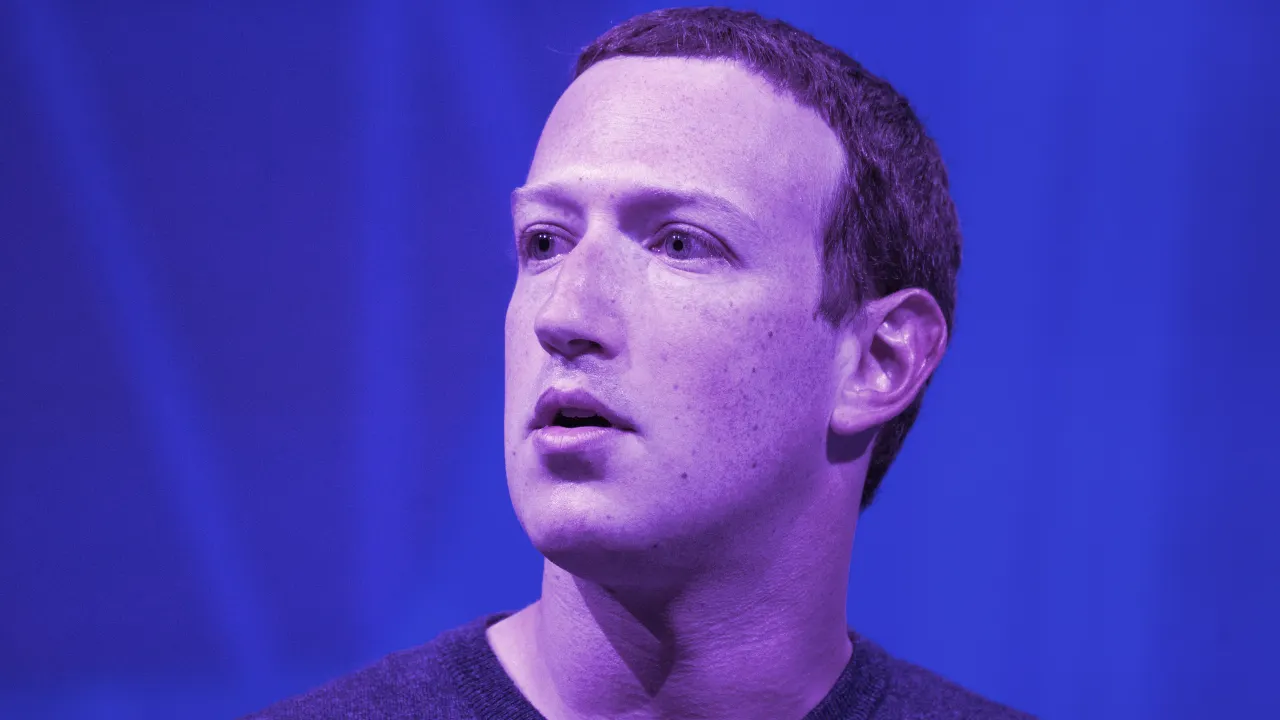We do the research, you get the alpha!
As Facebook parent company Meta continues to build out its new metaverse venture, several U.S. Senators have asked CEO Mark Zuckerberg to prove that the social media giant is serious about combatting crypto scams on its platforms.
On Friday, the group—led by Democrat Bob Menendez of New Jersey—issued a letter to Zuckerberg requesting that the firm provide information about its efforts to ward off cryptocurrency-related scams on platforms like Facebook, Instagram, and WhatsApp.
In the letter, Menendez and his colleagues allege that “Meta provides a breeding ground for cryptocurrency fraud that causes significant harm to consumers.”
Senate Banking Committee Chairman Sherrod Brown co-signed the letter with fellow Senators Elizabeth Warren, Dianne Feinstein, Bernie Sanders, and Cory Booker.
"While crypto scams are prevalent across social media, several of Meta's sites are particularly popular hunting grounds for scammers," the Senators wrote. They noted that of the consumers that reported being scammed out of their cryptocurrency, 32% said that the fraudulent activity took place on Instagram, along with 26% on Facebook and 9% on WhatsApp.
A statement posted to Senator Menendez's website cites his long history of criticism of Facebook allowing controversial content on its platforms, including misinformation about COVID-19, elections, and the Russian invasion of Ukraine.
The Senators also wrote that they are concerned with how little Meta is doing to stop misinformation from being spread in Spanish. They asked if Meta provides warnings or educational material regarding crypto scams in languages other than English.
Senators want Meta to detail the company's current policies, including practices for proactively finding and removing crypto scammers and how it verifies that crypto ads are not scams. Also in question are the company's policies for proactively educating and protecting users, working with law enforcement, and removing scammers from its platforms.
In the letter, the Senators cite Facebook's ban of cryptocurrency-related ads on its platform in January 2018. At the time, Facebook said that many companies advertising binary options, initial coin offerings (ICOs), and cryptocurrencies were not operating "in good faith," and claimed that the ban would keep scammers from profiting from a presence on the platform.
"This ban clearly shows that you understand the risks posed by this type of content to users," the Senators wrote, adding that a higher level of scrutiny is needed around cryptocurrency.
Meta recently began integrating NFTs into its platforms, allowing Instagram and Facebook users to display owned artwork and collectibles from the Ethereum, Polygon, and Flow networks. NFTs are cryptographic tokens that can prove ownership of a unique item, including things like profile pictures and digital illustrations.
It’s still unclear how much blockchain networks and cryptocurrency will play a role in Meta’s large-scale ambitions for the metaverse—that is, a future internet experienced with 3D avatars—although Zuckerberg has said that he’s open to the use of interoperable assets.
Some in the crypto space fear a centralized giant like Meta taking root, with co-founder Yat Siu of Web3 investment firm and game publisher Animoca Brands calling the firm a “threat” to an open metaverse.





